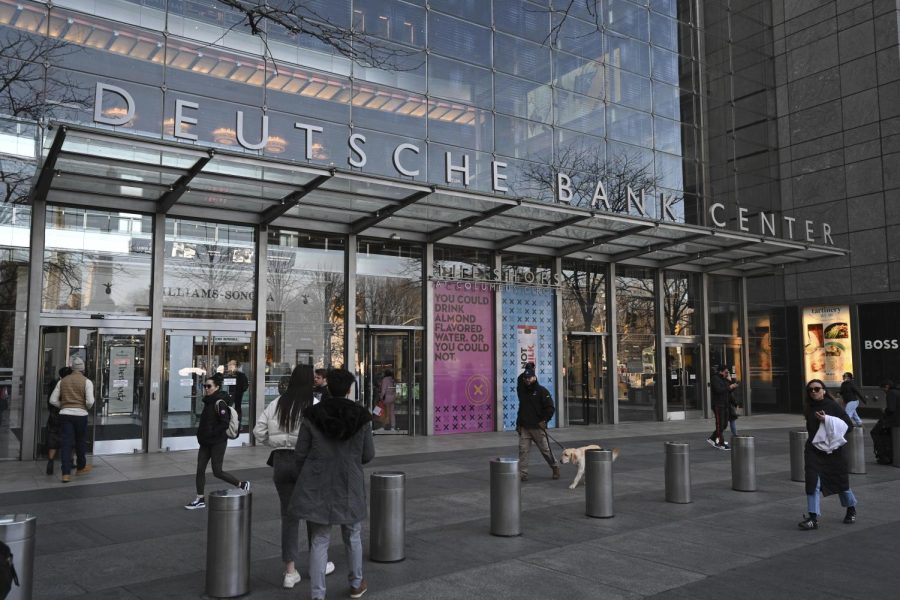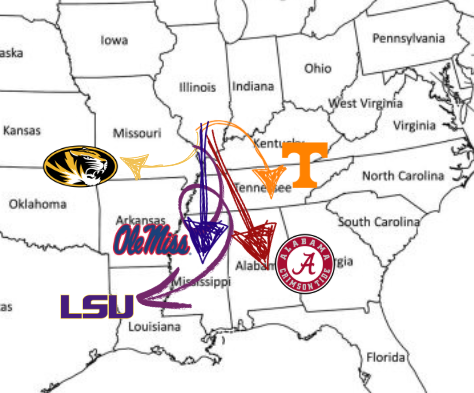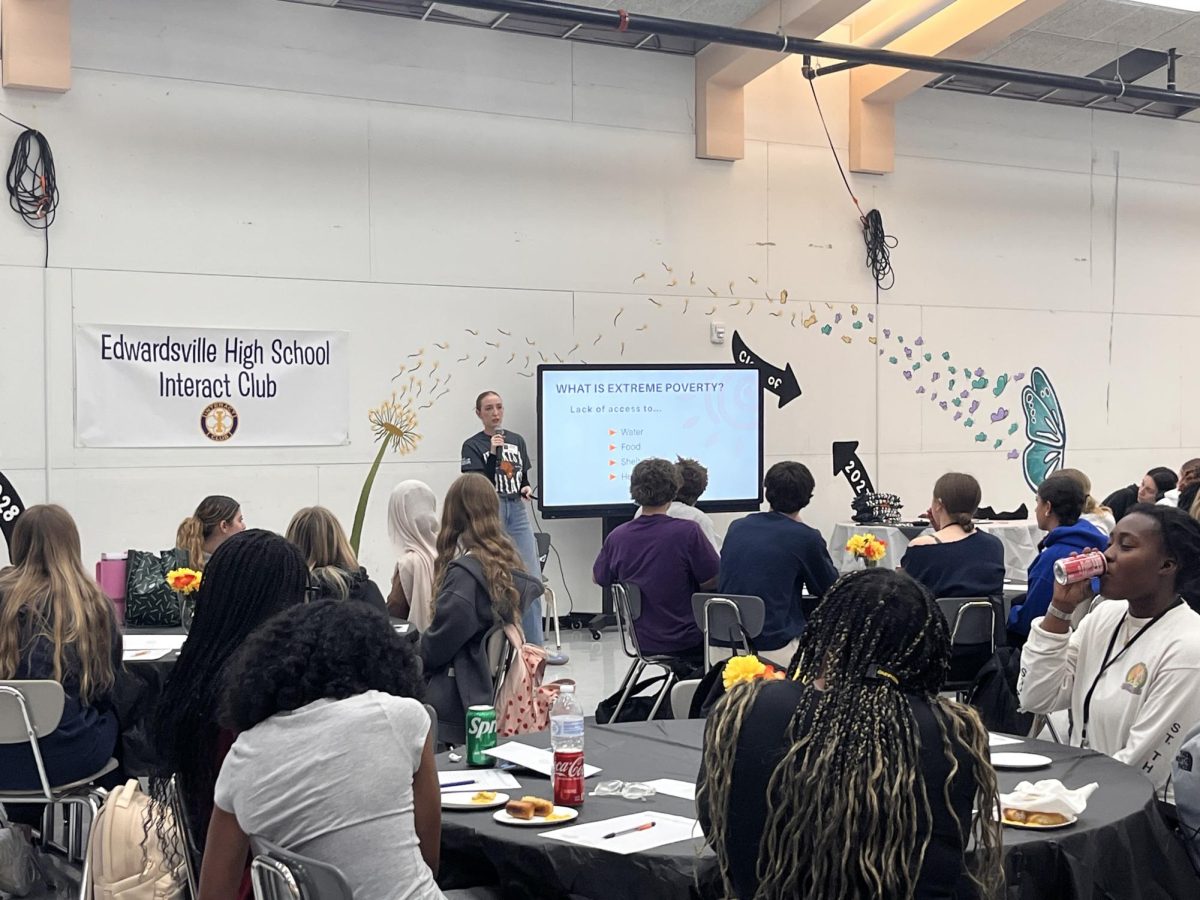Major Banks Warn of Recession
April 29, 2022
On Apr. 5, Deutsche Bank, a German investment corporation, became the first major bank to speak on the idea of a recession as a result of COVID-era events. They spoke of a ‘mild’ recession and 5% unemployment to take hold around 2024, CNN’s Matt Egan reported.
Less than a month later, on Apr. 26, Egan reported that Deutsche Bank had revised their statement and said that a “major recession” is more likely. Though the unemployment rate has fallen to the lowest rate since the 1950s, consumer prices rose 8.5% in March.
Deutsche blames any upcoming economic unrest on the Federal Reserve and its policy of ending high inflation. They worry, according to Egan, that inflation will peak but take a long time to get to a goal rate, all while the central bank raises interest rates and hurts the economy.
That inflation has the potential to be accelerated by COVID lockdowns, especially in China. European supply chain disruptions could be exacerbated by war in Ukraine, putting certain sectors of the economy to a halt.
The bank also warned that climate change could prolong the “scourge of inflation.”
Deutsche has promised to “err on the side of doing too much” in the face of a potential recession, but other banks have predicted that inflation will shrink and the economy will continue relatively unscathed. Goldman Sachs considers the recession “not inevitable,” but contended that economic growth needs to slow down, which raises the risk of recession.
For high school students, young people who have already lived through several economic crashes and downturns, this news can be anxiety-inducing. But it’s not necessarily a shock.
A poll of teenagers and young adults showed that 83% were worried about the future of the economy, and that 82% would not be surprised if another major economic downturn occurred in their lifetime.
According to a poll from the Associated Press-NORC Center for Public Affairs, 46% of Gen-Z said that the pandemic has already made their goals of education and employment more difficult to reach, reported the Washington Post’s Andrew Jeong. So another spike in uncertainty could be just that.
Another spike in a long series of ups and downs.
“In October, the American Psychological Association reported that Gen Z adults were the most likely to experience heightened difficulty in making major life decisions…” Jeong reported.
So as the economy changes quickly, with Gen Z in the center, it may end up being that young people face the brunt of the impact.
“It is sorely tempting to take a go-slow approach hoping that the US economy can be landed softly on a sustainable path,” Deutsche said. “This will not happen…”












